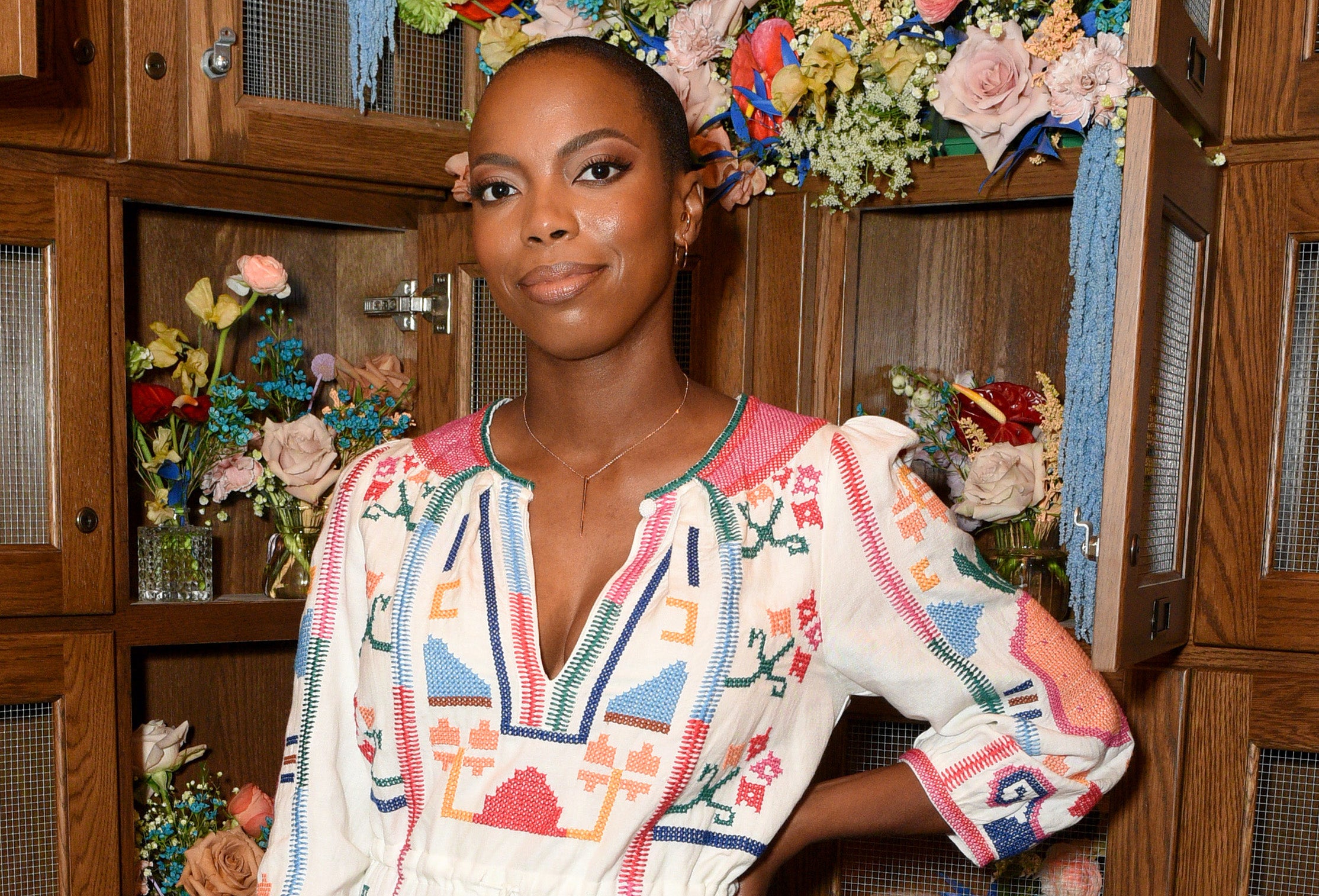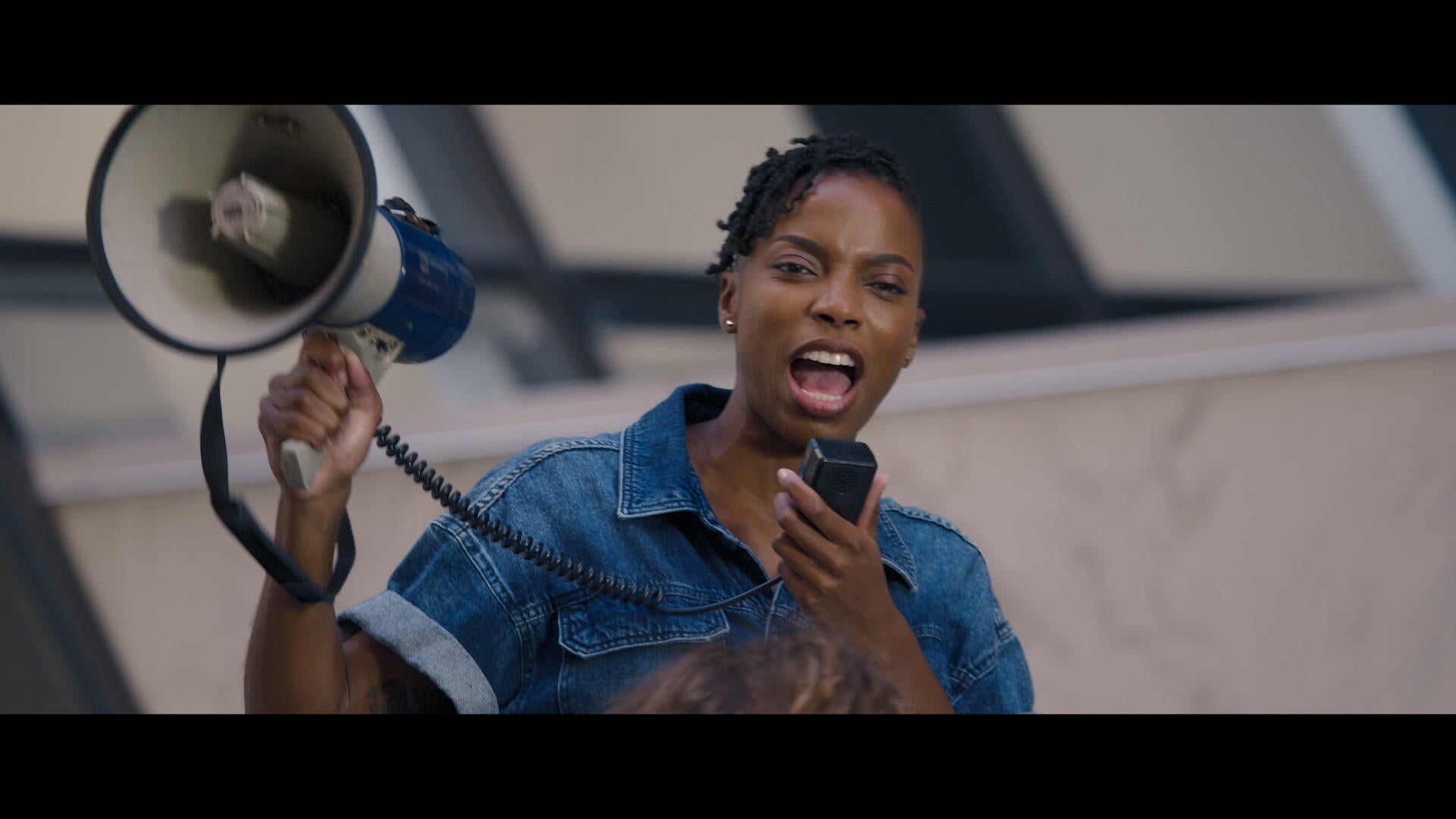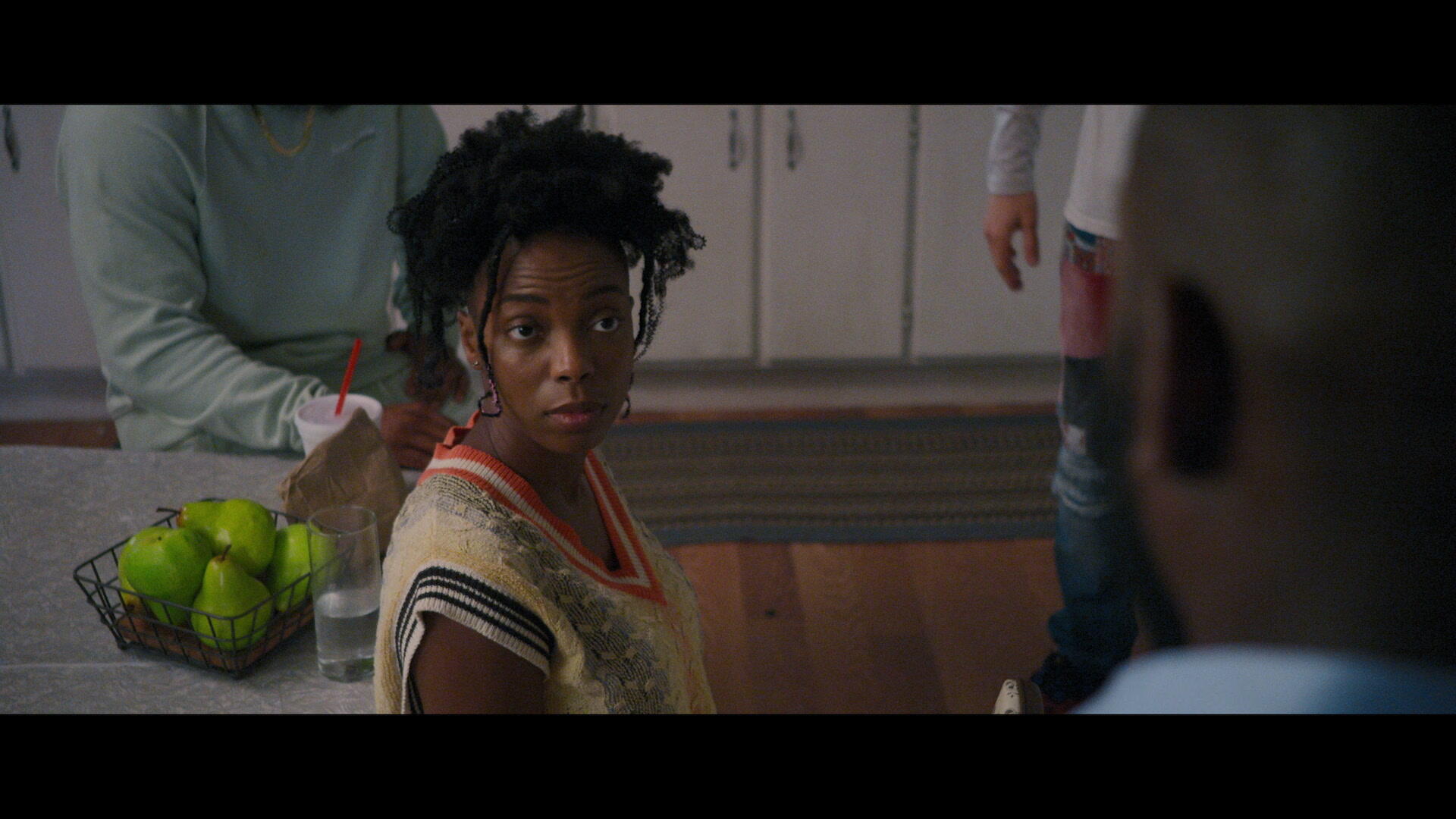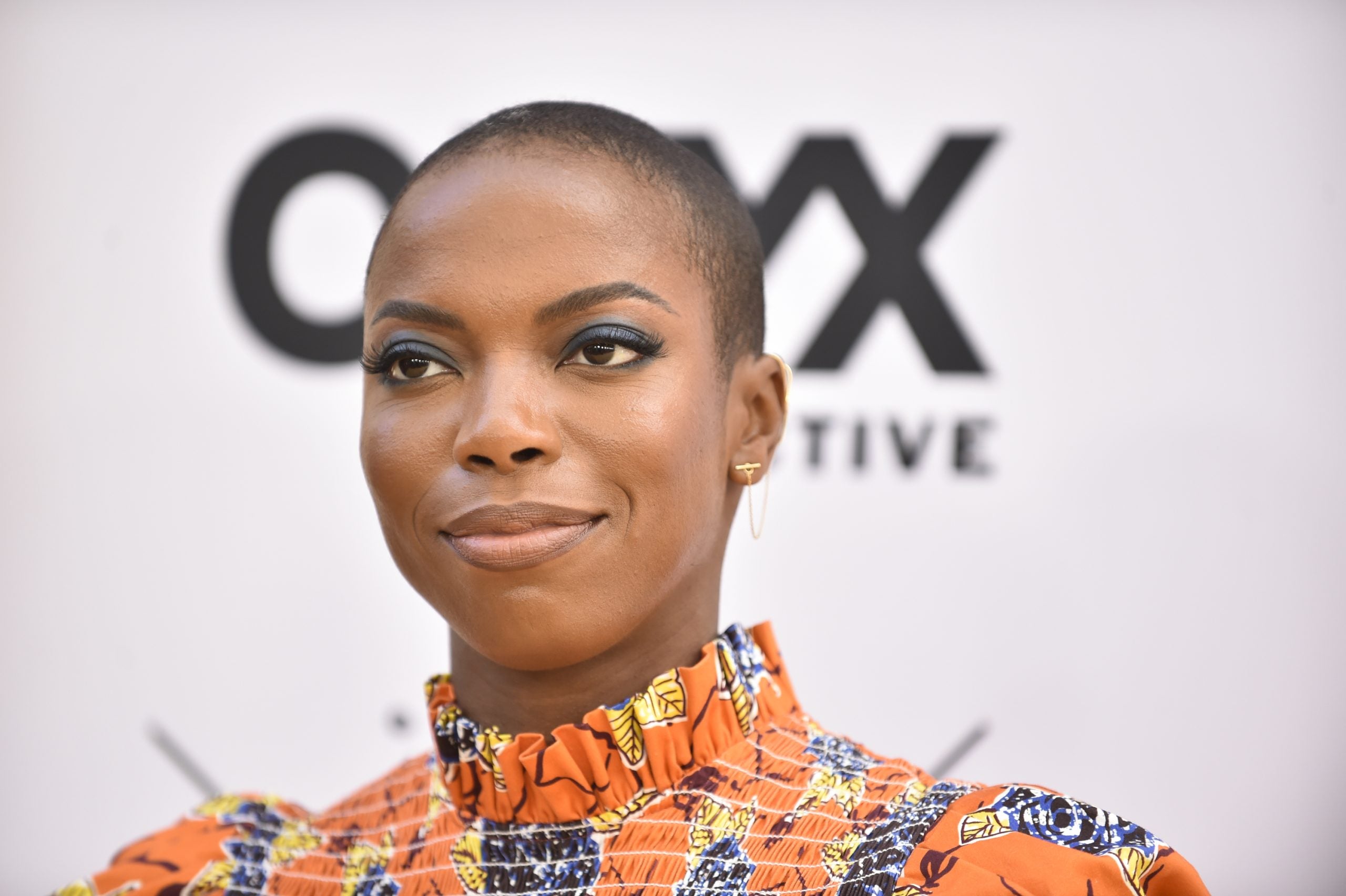
Sasheer Zamata is very intentional about how she uses her humor. The SNL alumna, standup, and actress is always sure use and examine Blackness through her comedy.
With her role in Season 2 of the hit Hulu show Woke, Zamata is using comedy to address some of the bigger issues facing the Black community as a whole, particularly Black women.
“I think comedy is a great tool to help people talk about issues that might be touchy or scary to talk about,” she said. “I feel like the show’s really good about balancing the humor and also talking about stuff and we’re never making the issues that are heavy. We’re not making light of it. It’s just that it exists, and that is a part of life, but also you can find humor in the things that surround it.”
For the unfamiliar, Woke follows the journey of cartoonist Keef Knight (Lamorne Morris), who has an awakening toward activism after a racially-motivated run-in with Bay Area police. Now a popular activist on the rise in season 2, he’s facing a world where “wokeness” has become big business. Can Keef and his friends bring about real change, or is it just about the dollars? How can Keef navigate this new world he finds himself in without destroying what he’s become?

Zamata portrays Ayana, the lead journalist at a progressive newspaper in the Bay Area who ends up guiding Keef to and through concepts of activism and Black pride and channeling each for use in his art. While Ayana was the mouthpiece of the movement in season 1, in the current season, she gets a chance to examine what that role and responsibility means for a Black woman to bear.
“Well, in the first season, she was kind of like the ‘woke guru,'” Zamata said. “I feel like in the second season we see the edges are a little frayed for Ayana. She’s still very much an activist, but she’s now questioning how much of this work is valuable for her life or how much is she sacrificing and is it actually even making a difference?”
The plight of the Black woman as the “backbone” in situations of social justice, expected to always take up the mantle and lead the fight, is a complicated idea that Ayana’s character tackles head-on in season two. When you’re constantly fighting this fight and leading this charge, what is left for self at the end of the day?
“We talk about how it is, and has been, the Black woman’s job to raise up her culture and raise up her society and do all the work. There’s an episode in particular towards the end of the season where I’m really going through it,” Zamata said. “I’m kind of analyzing my history and the work of Black women before me and is that even the path I want to take anymore. I think it’s a really cool, interesting way to talk about how a lot of black women just need a f*cking break.”

In the wake of 2020’s big push for social justice, the show’s title alone, Woke, can evoke mixed emotions depending on whose lens it’s seen through.
“I feel like when the term ‘woke’ or ‘stay woke’ was a thing, it was more about being aware of your surroundings and being aware of the injustices that you may have been blind to for a while,” Zamata said, noting how the term has shifted in meaning over time. “Then, it morphed into this thing where it became a weird negative term where it’s like you don’t have fun or you’re the PC police or you’re not allowing people to say whatever they want to say, which is not the case.”
“I think people, when they see progress, some get uncomfortable and those people can deal with those feelings on their own, but progress is going to happen no matter if they like it or not. I think there’s nothing wrong with the word ‘woke’ or ‘being woke.’ It’s just a different way of educating yourself
and communicating about the issues that have been at play this entire time.”

With the concept of “wokeness” becoming more mainstream fare, there are a number of new concepts and conflicts to be examined when it comes to activism and social justice. All of which the show takes an unflinching, yet comedic look at in season 2.
“I’m excited that we talk about different ideas of activism, which goes hand in hand with different ideas of being woke,” Zamata continued about season 2’s message. “When it comes to being sponsored or having your activism funded, or is your activism catering to white audiences or black audiences or just different ways that activism has become trendy and different ways that it has fallen by the wayside. I think it’s an interesting way to dissect that because we are in it right now.”
“We are in a moment in time where sometimes activism is cool or you slap a name or a title on something and it seems like it’s good, but then if you dig a little deeper, you’re realizing, “Well, wait, where’s the money going? Is there money here?” There needs to be more thought than just like, ‘I trust that something good’s happening because so and so said it’s good.’ We’ll see what people think about it.”
Woke Season 2 is now streaming on Hulu, and you can catch Sasheer Zamata’s standup live on tour via Sasheer.com.
